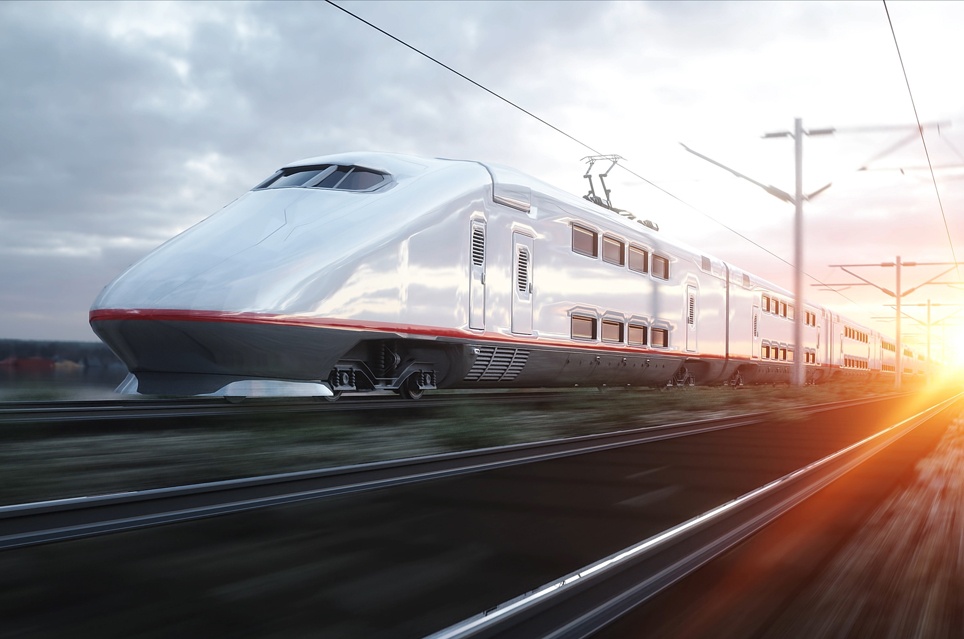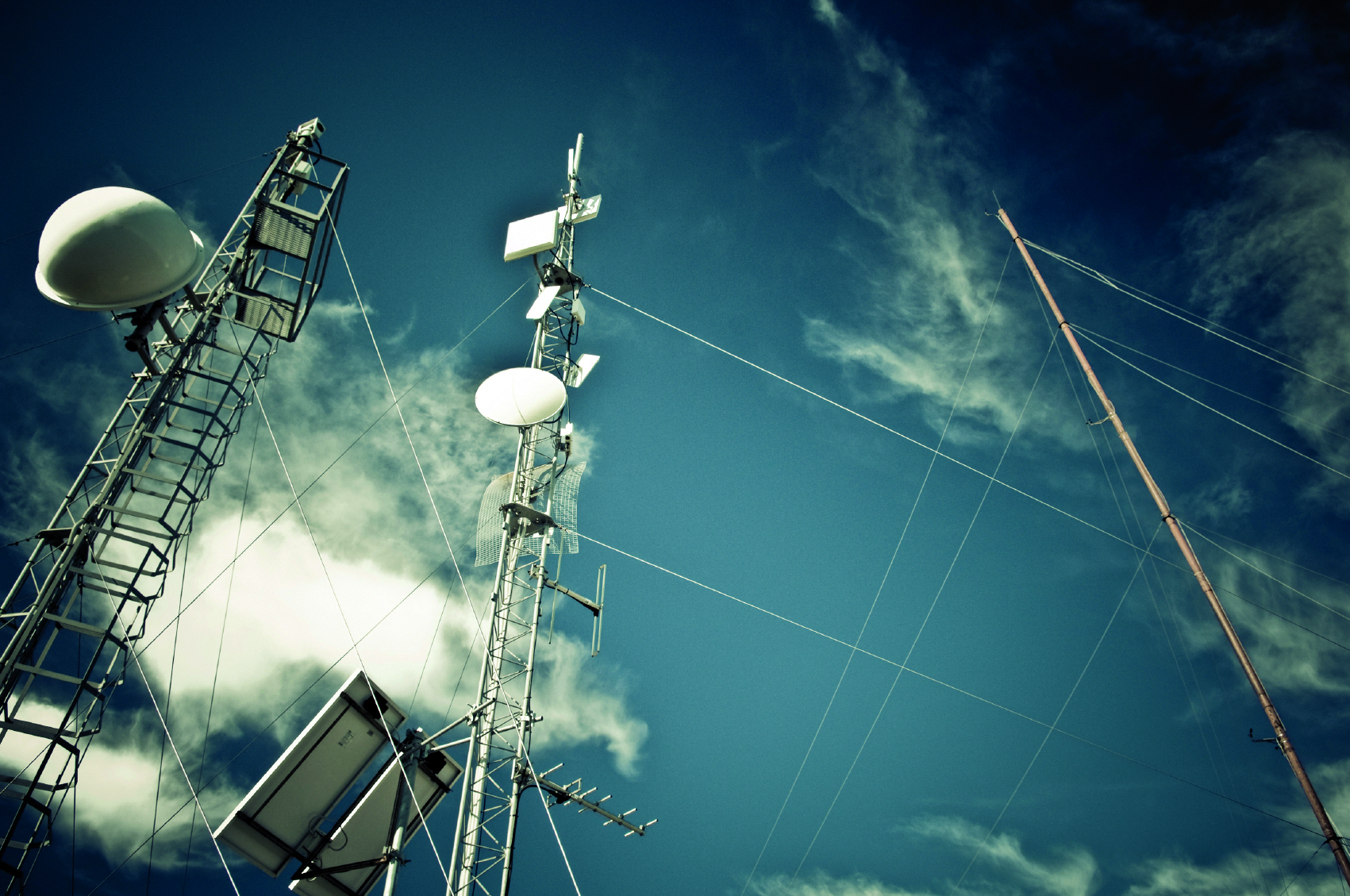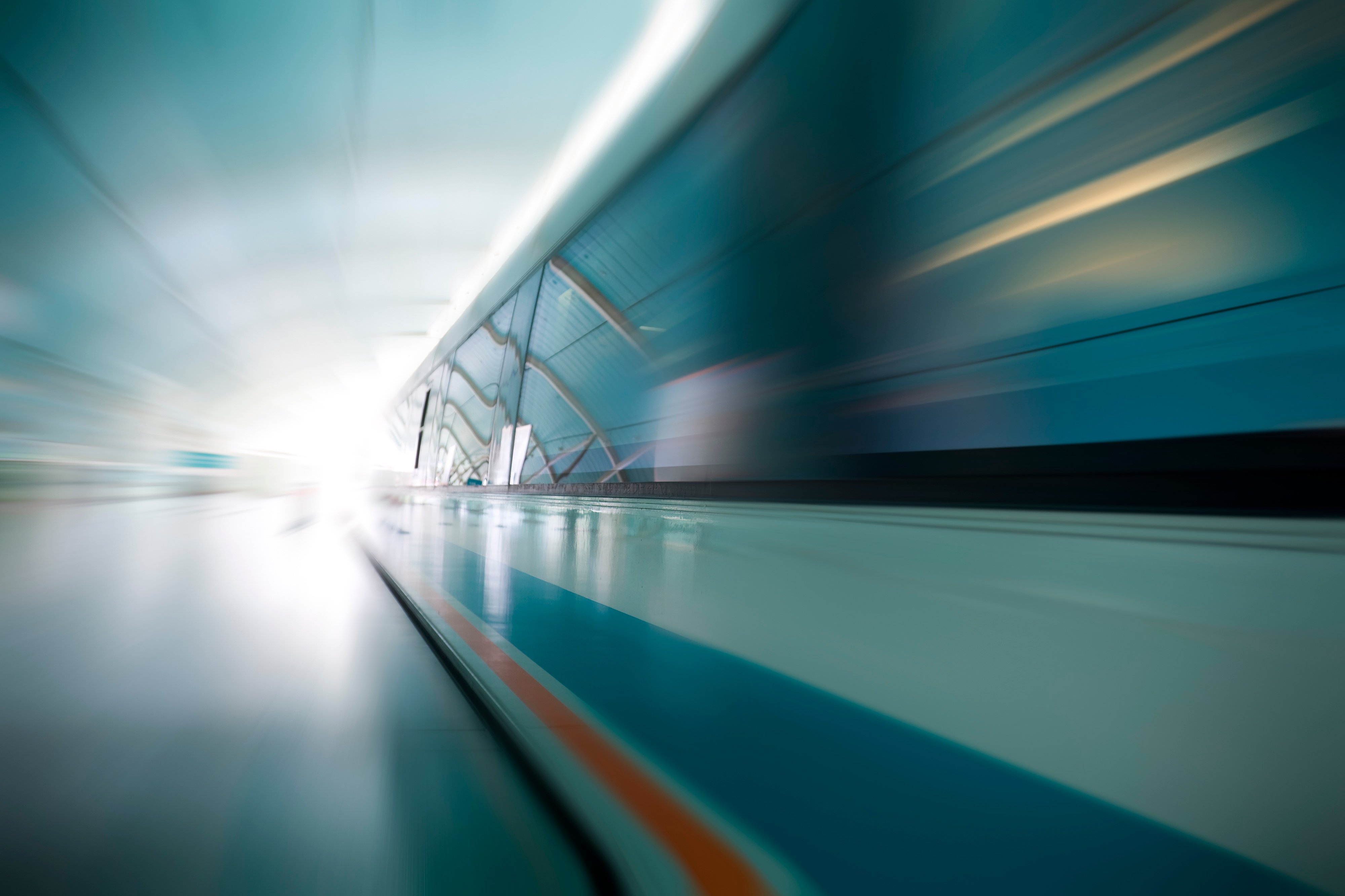Many industries are currently experiencing technological disruption from a number of outside forces. And the rail industry is no exception. Advances in technology (particularly in the trucking industry) may soon begin putting pressure on the industry, as autonomous/electric vehicle technology will make it much more cost-effective for the trucking industry within the next decade.
To address this threat, and others like it, the rail industry needs to make massive leaps in both operations and technology. Simply keeping up with competitors in both the rail and trucking industry won’t be enough for companies hoping to remain competitive. Rail companies need to be future orientated, market-responsive, and resilient.
One of the biggest opportunities for rail companies to drive innovation and growth? Switching to hybrid power. Some rail companies are experimenting with alternative fuel options and choosing fuel-efficient rail technology in order to keep up with more energy-efficient trucks. But other feasible options include electrification, regenerative braking energy, and hybrid fuel cells.
Some rail companies have already begun moving to hybrid power solutions. Lower Saxony Transport Authority has partnered with gas supplier Linde Group in Germany. The company will be installing hydrogen fuel multiple units, and Linde will be installing hydrogen refuelling facilities for the company’s trains. This will allow them to travel for 1000km on just one tank of hydrogen.
German Rail (DB) is also leading the EcoTrain project. This harnesses technology from lithium-ion batteries as a smart alternative to diesel fuel. Eight railway associations in Germany have also called for new development of traction systems like fuel cells, batteries, and hybrid technology. An entire state in Germany (Schleswig-Holstein) has pledged to electrify its network by 2025. The state will do this by using hydraulic fuel cell technology, which will be generated mostly by wind.
In China, CRRC Tangshan is working with Ballard to develop a hydrogen-powered LRV for Tangshan’s light rail line.
Rail companies in the Netherlands have long been innovators in the industry. National rail company NS is already powering all of its electric trains with 100% wind energy, and Arriva ordered 18 Wink multiple units from Stadler. The units will initially be operating on biodiesel and the trains’ engines will be designed to run on hydrogenated vegetable oil.
Hybrid trains have powerful electric motors and electrical energy storage which allow them to regenerate during braking and assist the engine while accelerating. As diesel fuel prices increase, we’re seeing a greater demand for hybrid power solutions, which allow rail companies to increase cost efficiency and cut emissions.
The benefits of hybrid power are numerous. Rail companies are no longer entirely reliant on electricity from the grid, which leads to a greater ROI. They can also meet energy efficiency and sustainability targets, which makes them more attractive to customers and ensures they meet ever-increasing regulatory standards around greenhouse emissions.
Would you like to gain a competitive edge in 2018? We can help you with our hybrid power solutions. Get in touch today to learn more.




